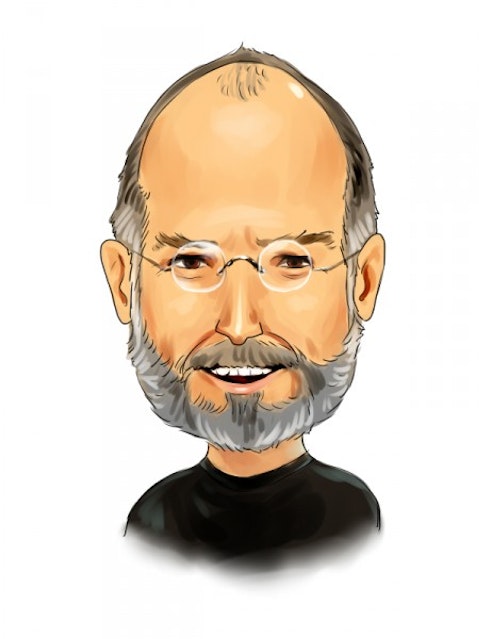It was reported a few hours ago in an exclusive by the New York Post that Apple Inc. (NASDAQ:AAPL) was given favorable treatment when it won its prime real estate in the Grand Central Terminal in Manhattan, according to an audit report from the state comptroller’s office.
A case of railroading by Apple?
The report alleges that the Metropolitan Transportation Authority (MTA), which leases its terminal floor space to vendors, had set up a bidding process in collusion with Apple to essentially eliminate all other possible bidders for the spot in Grand Central – a spot previously occupied by the Metrazur restaurant, which moved out upon a $5 million buyout by Apple, according to the report by State Comptroller Thomas DiNapoli.
In the report, Apple allegedly was in back-door meetings with MTA officials for as much as two years prior to the bidding process for the old Metrazur spot on the balcony of Grand Central, and Apple supposedly helped the MTA establish an unusual hurdle in the bid process, which essentially wiped out most competition – specifically, a provision stating that a bidder must produce $5 million in cash up front (like Apple did) – within a 30-day bidding window. In addition, the audit claimed that Apple even tried to get reimbursed by taxpayers for about $2 million of the $5 million metrazue buyout deal, but the MTA refused.
However, while Apple pays more than $1 million in rent this year (four times as much as Metrazur paid) for its space, it doesn’t have to share its revenues with the MTA – a deal that none of the other 100 retailers in Grand Central has.
Of course, the MTA is up in arms, denying the allegations and accusing the comptroller’s office of “overt bias against the MTA and Apple.” Teh MTA maintained its big process was “open, transparent, and followed both the letter and the spirit of the law.”
While the Metrazur restaurant did get its share of customers, the recognizable Apple logo now in that space has caused a definite uptick in traffic in the terminal, as well as customers for Apple, the MTA claimes. And that, it says, would help increase the value of the other retailers in the terminal – which means the MTA expects some offset in revenue that is claimed to be lost by not getting a percentage of Apple’s revenues. The higher traffic in the terminal because of Apple, the MTA maintains, will help increase traffic across all the retailers, which would increase their revenues and thus increase MTA’s average revenue from those retailers.
Does Apple ruthlessly railroad its competitors? That has been rumored and bandied about before, but this is just an audit from one New York state office. You can be the judge.






